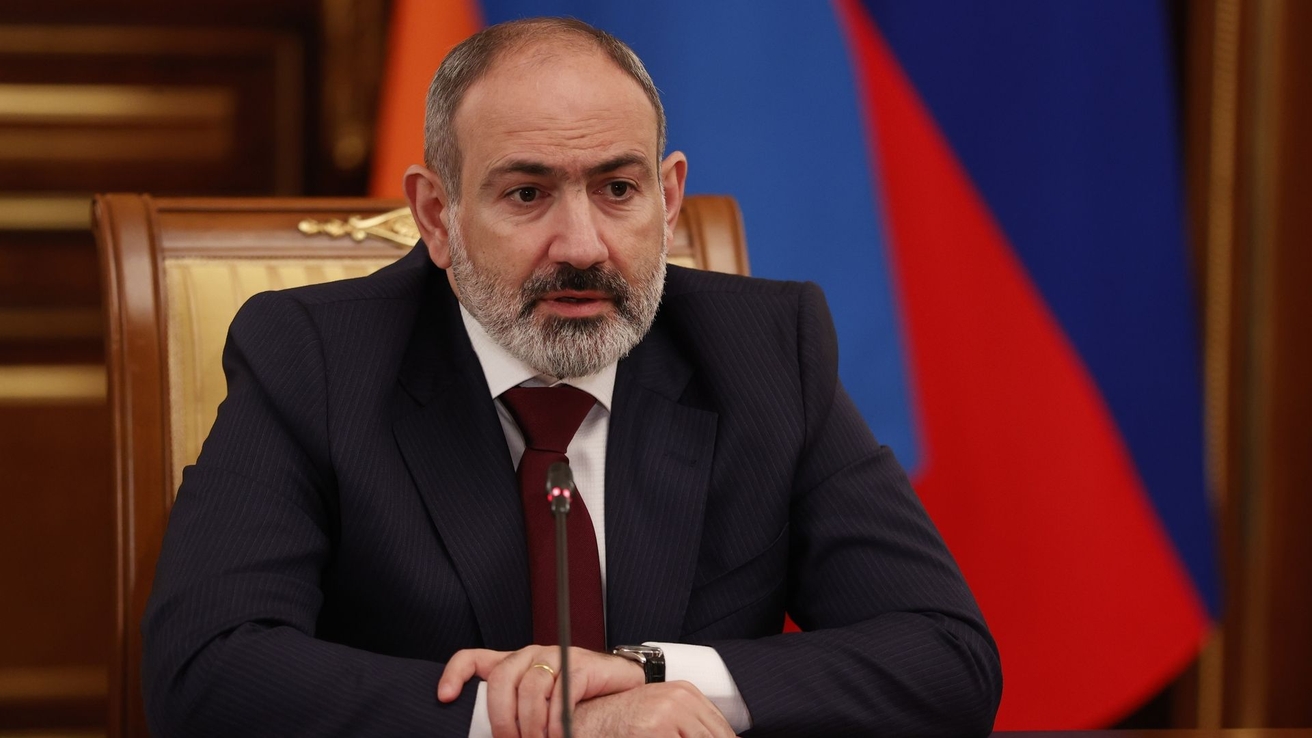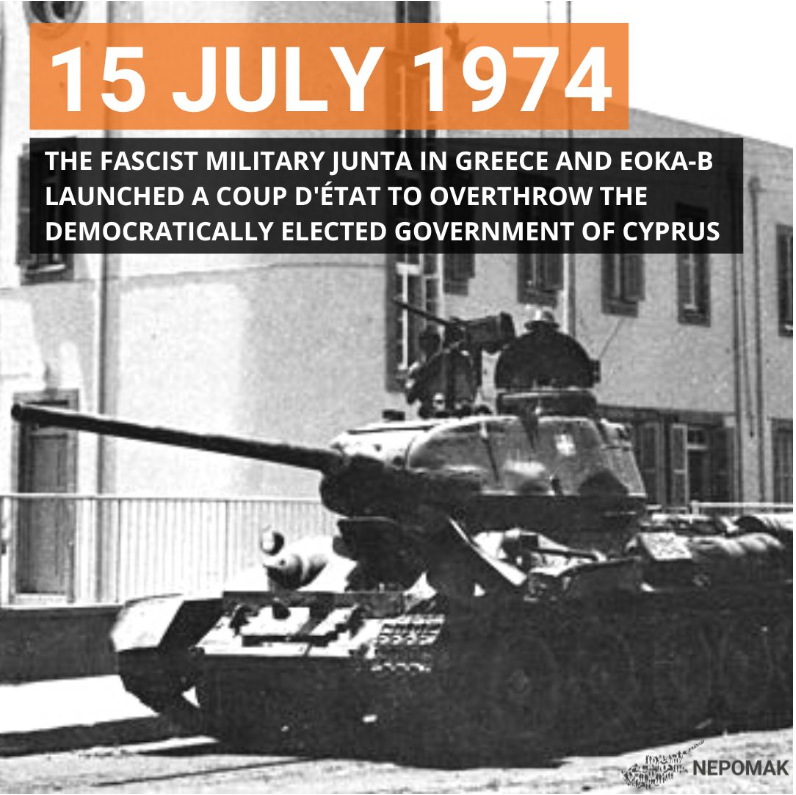Prime Minister Nikol Pashinyan met on June 19 with a group of Diaspora Armenians who worked as temporary staff members at various Ministries in Armenia.
During his remarks to the group, the Prime Minister deviated from the subject matter and made senseless statements about the Diaspora. He said that “… in a large part of our history, during the history of the Third Republic, the Diaspora has often or sometimes been viewed as an auxiliary institution to the administration of the Republic of Armenia. The change that is occurring is as follows: we say that the Diaspora cannot be an auxiliary institution to the administration of the Republic of Armenia because the Republic of Armenia, like any state, is an instrument with its clear mechanisms where it is very clearly described who and how is managing that mechanism. If there is no detail or larger whole in the architecture of that mechanism, we are trying to connect that whole to that mechanism; we are inhibiting the progress of that mechanism. This is obvious. And in this logic, I think that the change that is taking place is very important and very essential. But, on the other hand, I want to look at it with reverse logic as well. In many cases, the Republic of Armenia was also perceived as an auxiliary or non-auxiliary tool for the administration of the Diaspora. I want to say that, in my understanding, this also needs to end. Why? Because in case we make the Republic of Armenia an auxiliary or non-auxiliary tool, we are placing the Republic of Armenia outside the limits of its jurisdiction and, therefore, we make the Republic of Armenia more vulnerable. Our strategy, which I have talked about, the conceptual framework of ensuring the security of the Republic of Armenia, is legitimacy which is also related to this — that we can act only where we have jurisdiction and legitimacy to act. We cannot act where we don’t have jurisdiction and legitimacy to act as a state. And because of this circumstance, social-psychological changes will inevitably take place in Armenia-Diaspora relations as well. I described what should not be as we had pictured. I mean, I understand that there is a certain gap within what I said, but I am not ready today to even attempt to fill that gap because I don’t think that’s my job or at least only my job. That requires wider discussions, and there, the Republic of Armenia or officials of the Republic of Armenia can have a say, say something, but I think that these discussions are more public and informal level discussions about how should be the new relations between Armenia and the Diaspora. They are no longer like that and will not be like that. I think that is obvious….”
If you understood nothing from Pashinyan’s rambling words, you are not alone. The problem is that he always speaks without a prepared text causing him to stray from the subject and say things that he had not planned to say.
In his lengthy statement, Pashinyan tried to refute a thought that did not exist in anyone’s mind — that “the Diaspora is viewed as an auxiliary institution to the management of the Republic of Armenia.” No one had said that. We have always envisaged the Diaspora’s role as providing humanitarian aid, investments and professional expertise to the homeland.
On the positive side, I am glad Pashinyan acknowledged that Armenia has no jurisdiction to meddle in the internal affairs of the Diaspora. He has great difficulty managing the problems facing Armenia, let alone the issues of the Diaspora — something he knows nothing about.
Pashinyan then strayed into the subject of ‘how many Armenians are there in the world.’ He said: “…There is another problem. We do not always attach big significance to arithmetic. Recently, a question arose in my head. We keep saying, ‘10 million Armenians, 10 million Armenians, 10 million Armenians.’ Is there a list of these Armenians somewhere or not? I am convinced that there isn’t. Here again is the phenomenon of sanctification. That number is sacred, do not touch it suddenly. It neither increases nor decreases. You cannot change it. It’s 10 million! If someone says that ‘it’s not 10 million, it’s 10,561,000,’ everyone will attack him and say, ‘ignorant, dilettante. How do you know that? Who counted it, etc.?’ If someone says: ‘no, it’s 9,200,000,’ they will say, ‘you scoundrel, you are belittling the global influence of Armenians. With the stroke of a pen, you wiped out 800,000 Armenians.’ This is our reality. This is about us, but we have to talk about it. If we don’t talk about it, what is the use?”
The Prime Minister is wrong that no one knows the number of Armenians in the world. He could have checked Wikipedia under the topic of ‘Armenian population by country,’ which lists the approximate number of Armenians in each one of 107 countries. There are many other sources that give the number of Armenians in the world. Since no one has counted every single Armenian in the world, naturally, the 10 million is a rough estimate.
If this subject really interests the Prime Minister, he should direct his High Commissioner for Diaspora Affairs to conduct a worldwide survey and compile a more accurate number of Armenians in the world.
I also suggest that the Prime Minister’s aides write his speeches, so he can read from a written text and not stray into whatever comes to his head at the moment.





